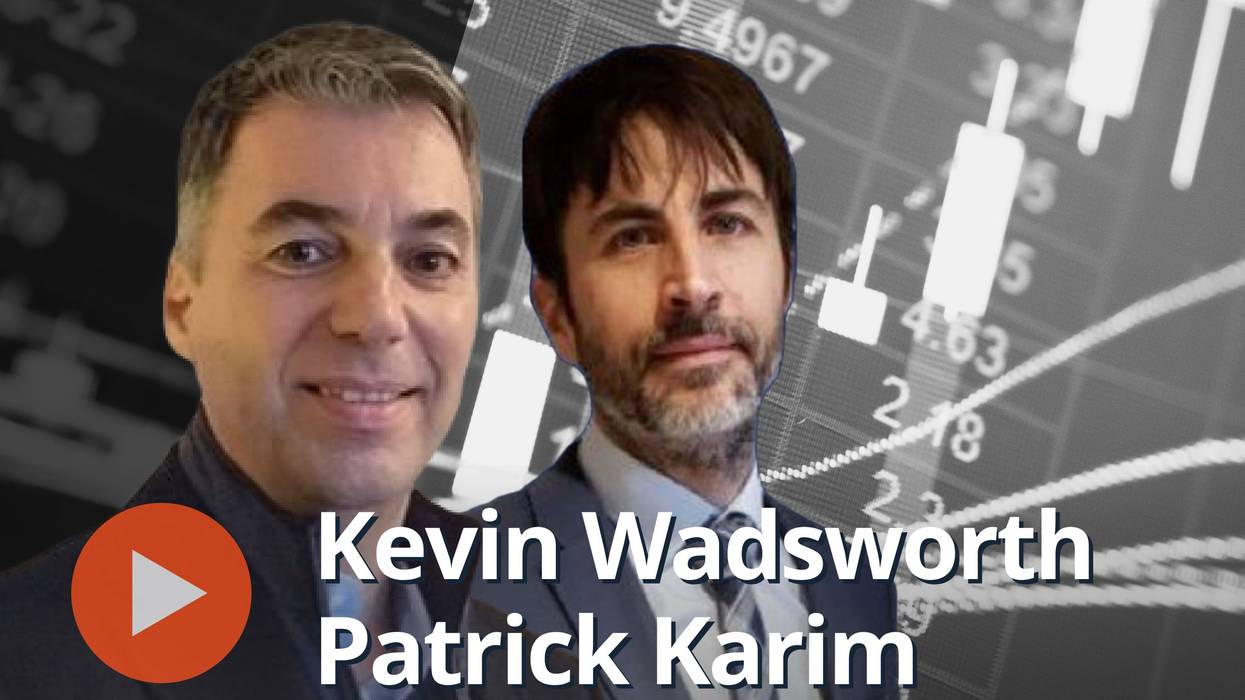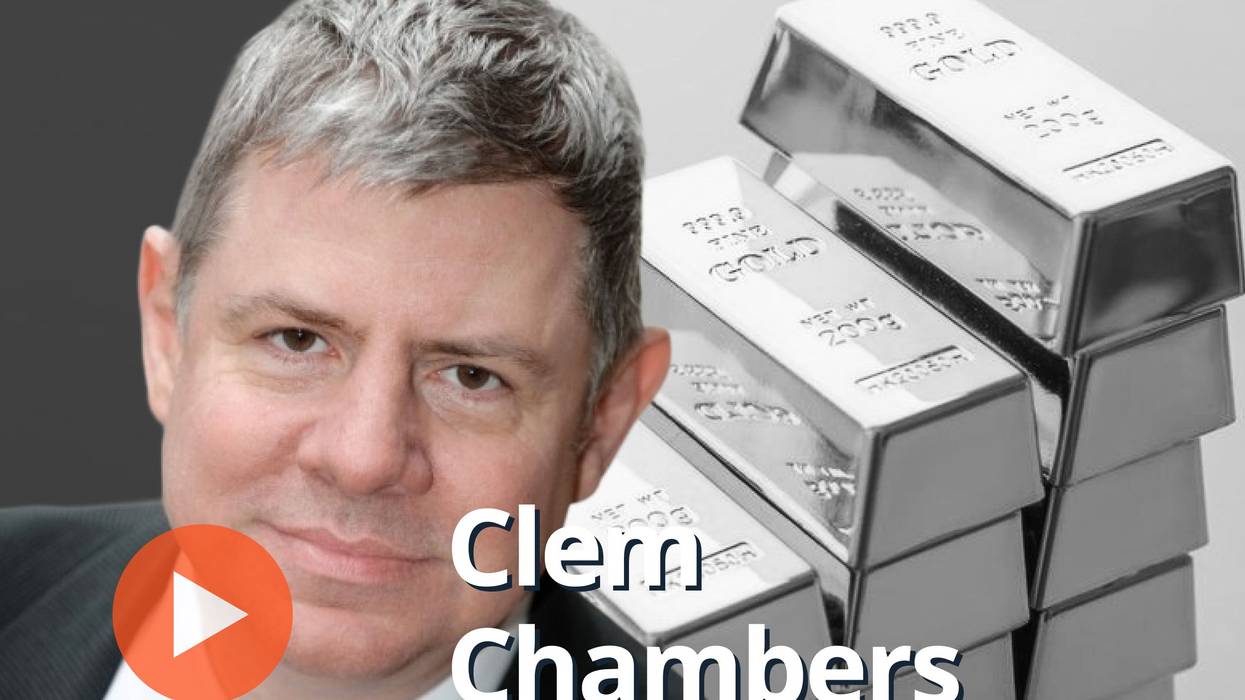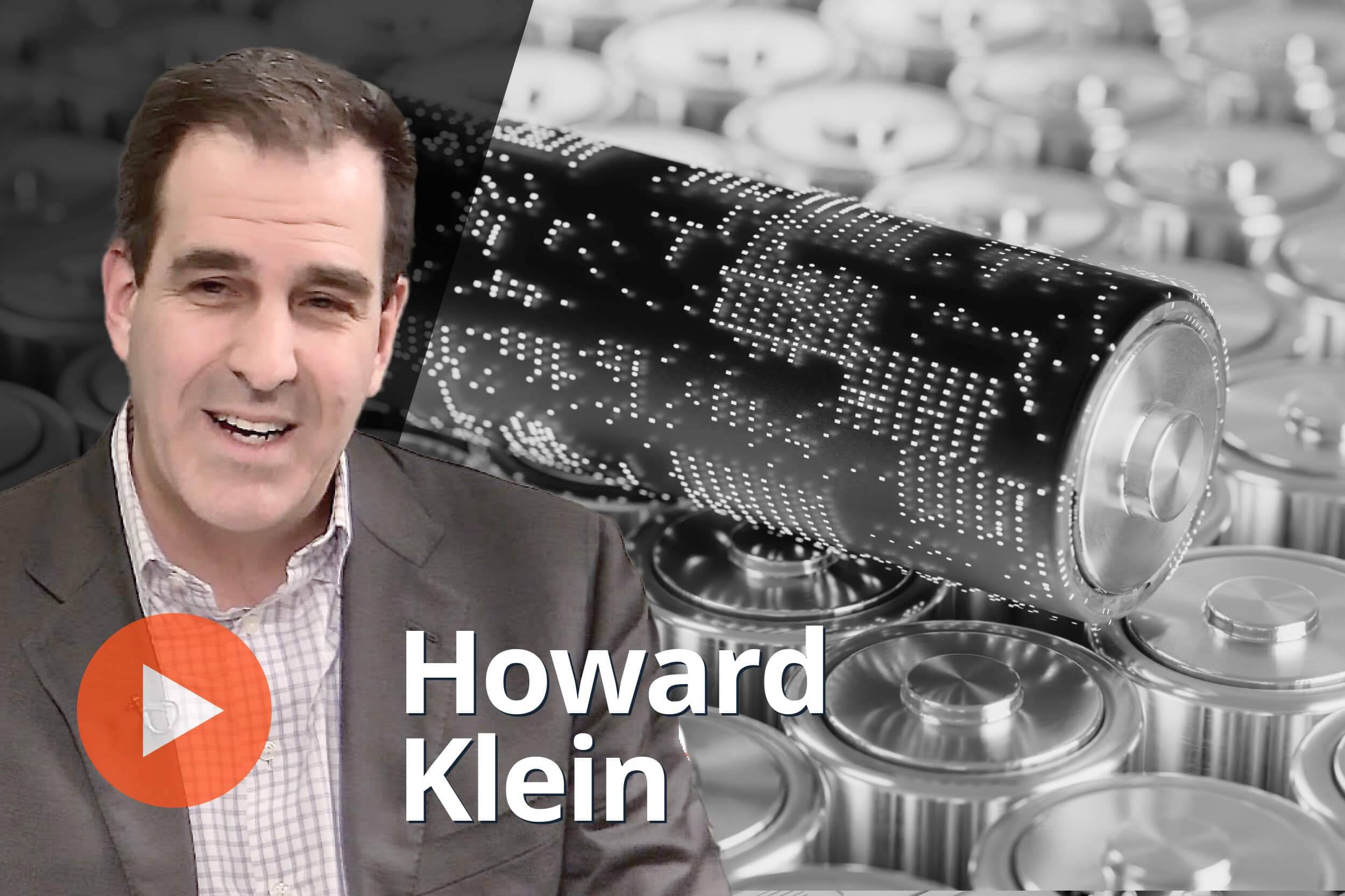Adam Rozencwajg: Will EVs Succeed? Efficiency, Emissions and a Potential Catalyst
With an eye for detail and over a decade of experience covering the mining and metals sector, Charlotte is passionate about bringing investors accurate and insightful information that can help them make informed decisions.
She leads the Investing News Network's video and event coverage, and guides a team of writers reporting on niche investment markets.
"When we put it all together, there was really very little doubt in our minds that the total energy — we're talking cradle to grave — of an EV was far greater than an internal combustion engine," said Adam Rozencwajg of Goehring & Rozencwajg.
Electric vehicles (EVs) have been widely hailed as a key part of the green energy transition, but are they helping as much as we think they are? Adam Rozencwajg, managing partner at Goehring & Rozencwajg, weighed in.
In a conversation with the Investing News Network, he spoke about the energy efficiency and carbon emissions of EVs, explaining how they stack up against traditional internal combustion engine (ICE) vehicles.
On the energy efficiency side, Rozencwajg said EVs are typically viewed as having 90 percent efficiency — in other words, once electrons are in the battery of a car, 90 percent of that energy is translated into the wheels to move the car.
That's compared to 30 percent for ICE vehicles, where a significant amount of energy dissipates in the form of heat.
Rozencwajg noted that EVs look great in that scenario, but described it as a faulty comparison because it doesn't account for how the electrons get into the battery in the first place, or how they are kept there.
"That of course deals with the battery, and it deals with the idea of how much energy is required to mine all the materials, process all the materials — the lithium, the cobalt, the nickel, the copper — and then to assemble and manufacture the battery, which is also incredibly energy intensive," he said.
"When we put it all together, there was really very little doubt in our minds that the total energy — we're talking cradle to grave — of an EV was far greater than an internal combustion engine," Rozencwajg added.
Looking at carbon emissions, Rozencwajg pointed to Norway as a real-world example. EVs have accounted for 80 percent of the country's new car sales in the last 15 years, but its carbon emissions have only fallen 10 to 15 percent.
"The devil's in the details. And what Norway has been very, very good at doing over the last 10 or 15 years is switching out a tremendous amount of fuel oil and residual fuel used mainly for heating, and some power as well, away from hydrocarbons towards electric and towards hydro. So that actually explains two-thirds or three-quarters — some huge number — of the reduction in CO2 in Norway over the last 15 years," he explained during the interview.
Continuing, Rozencwajg said Norway's gasoline and oil demand hasn't moved during that time.
"On the other hand, you've had to put 500,000 EVs on the road in Norway, and that's created a huge amount of CO2 because of all the energy that goes into making the battery ... and still today most EVs and most EV batteries are manufactured in China, where the majority of that power comes from coal, which is actually quite dirty," he said.
Watch the interview above for more detailed thoughts from Rozencwajg on these concepts.
Don't forget to follow us @INN_Resource for real-time updates!
Securities Disclosure: I, Charlotte McLeod, hold no direct investment interest in any company mentioned in this article.
Editorial Disclosure: The Investing News Network does not guarantee the accuracy or thoroughness of the information reported in the interviews it conducts. The opinions expressed in these interviews do not reflect the opinions of the Investing News Network and do not constitute investment advice. All readers are encouraged to perform their own due diligence.













